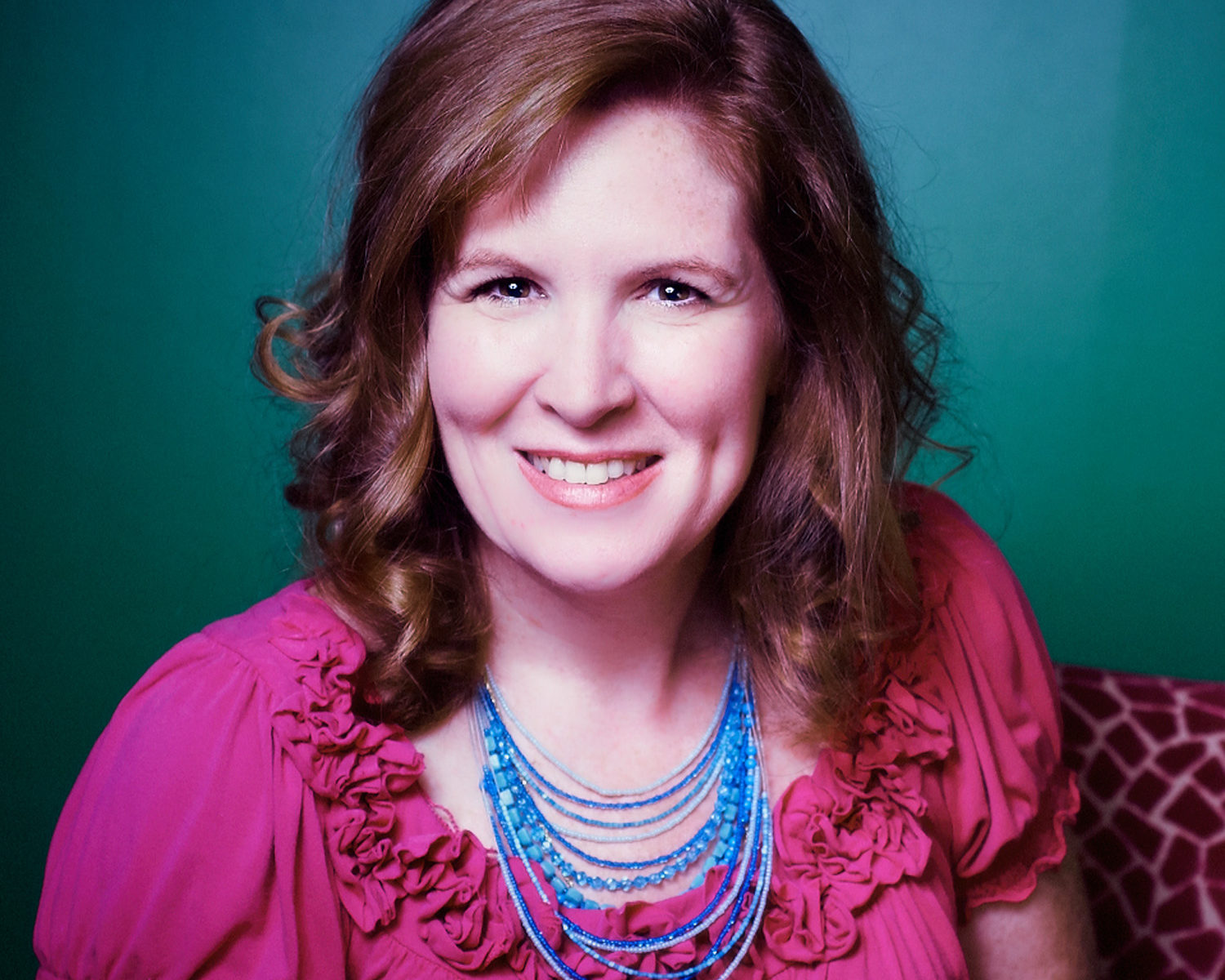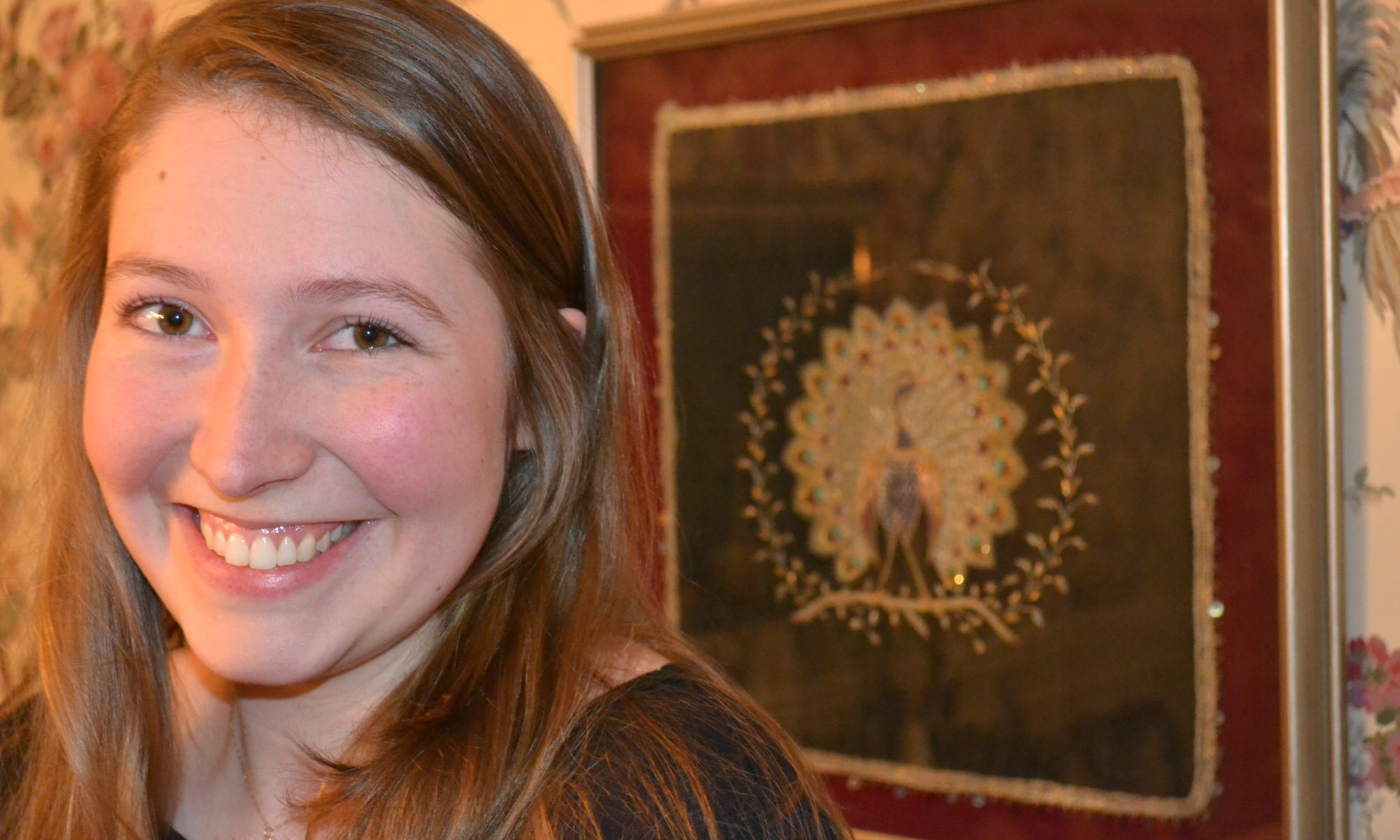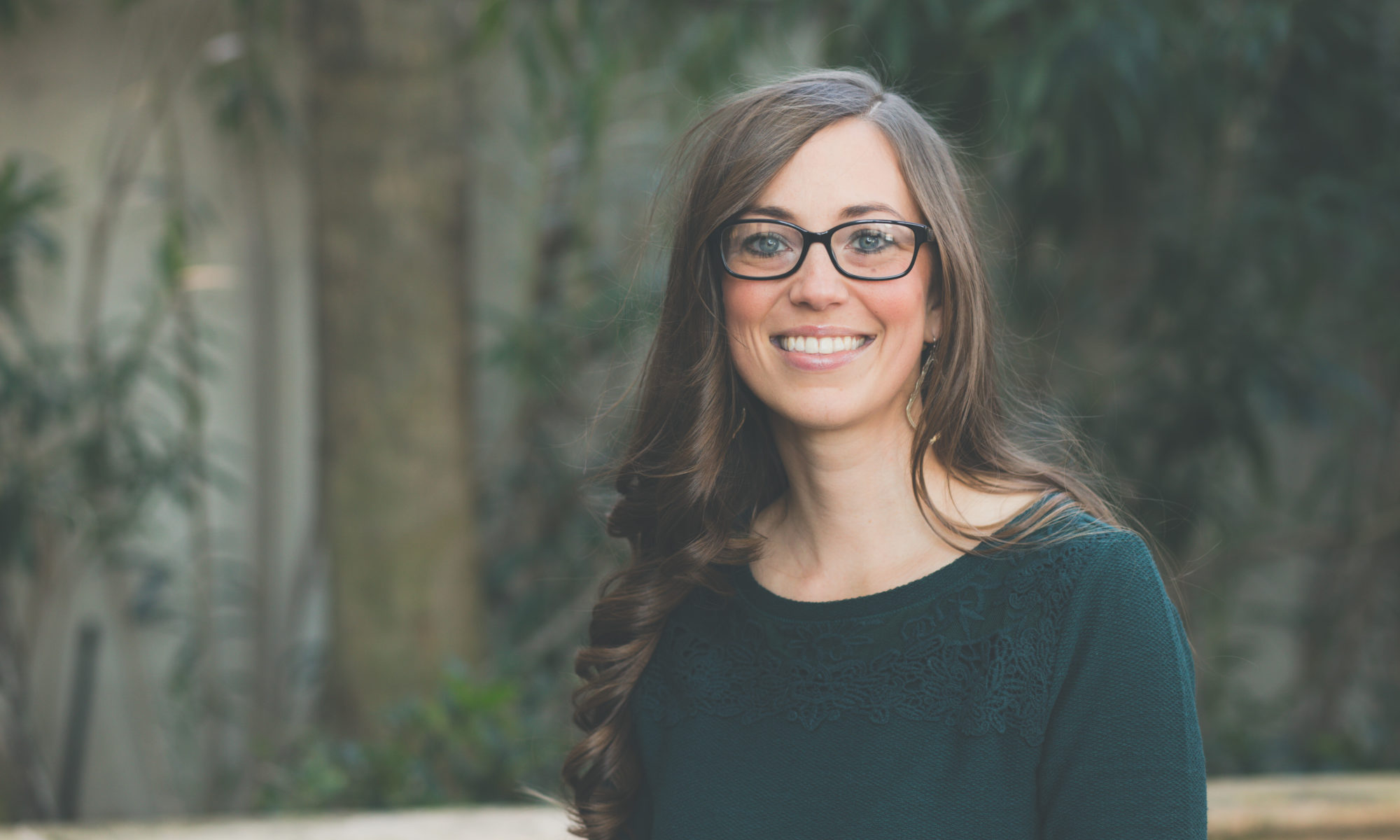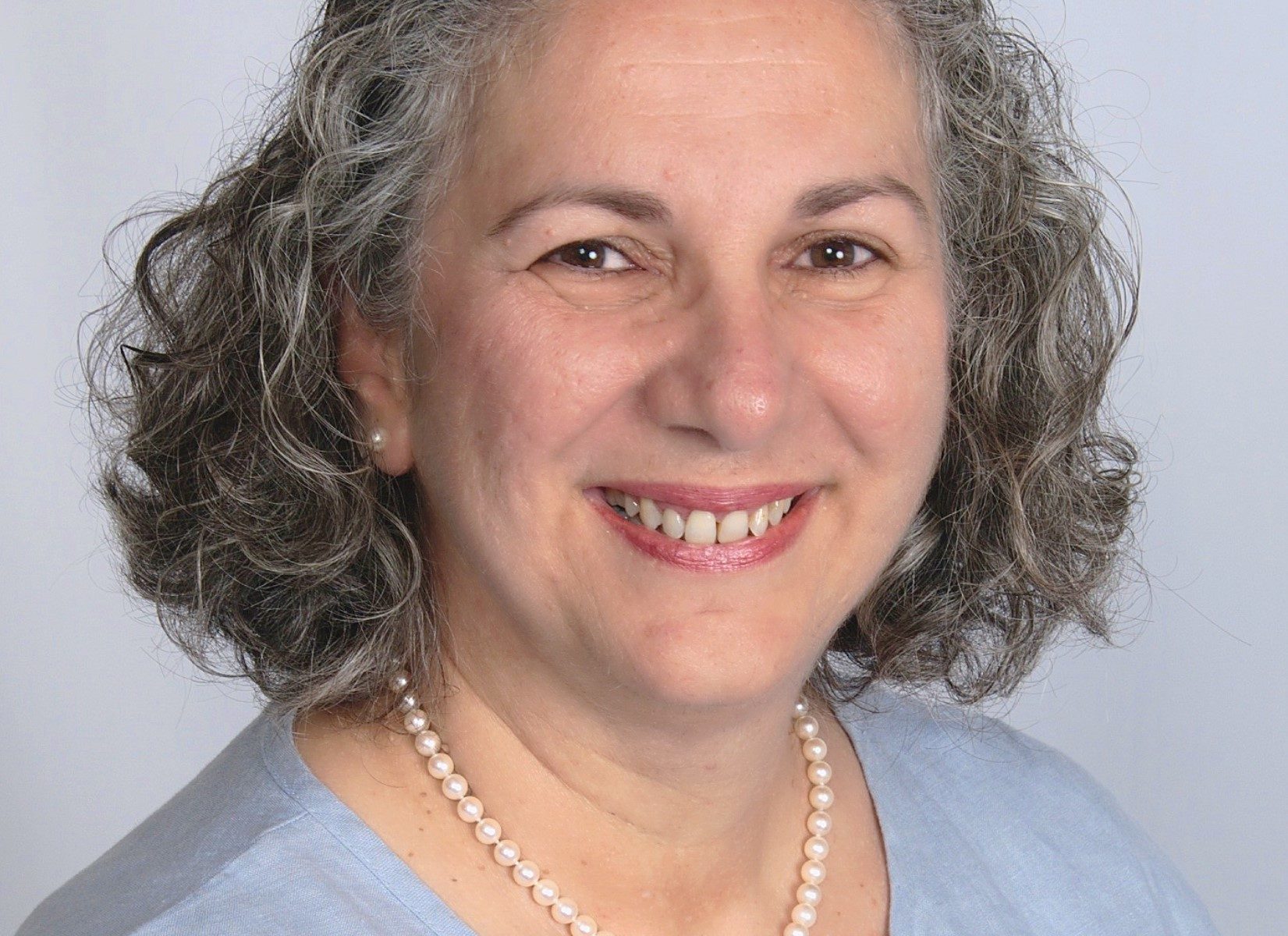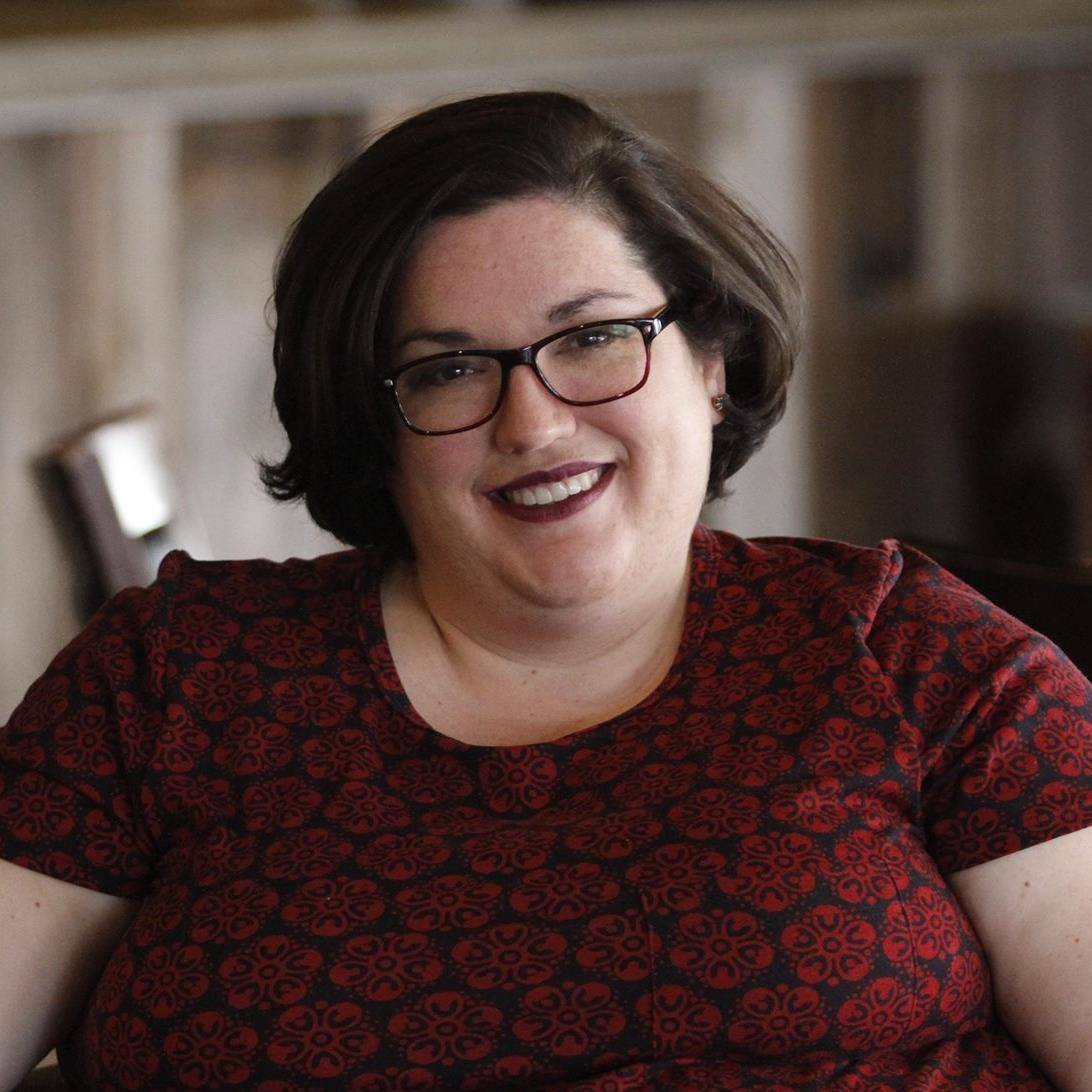Tap, tap.
“Who is there?” I asked.
“I Am Love,” came the reply.
“Come in. Do come in,” I begged in earnest. For it had been a long time since anyone had come to call and I was intrigued that such an honored One as This should come to me.
Rattle, rattle went the doorknob as it was twisted back and forth.
“You have locked your door,” came the Voice from outside.
“I shall unlock it at once,” I replied.
But I could not. For at the moment I decided to let Love in, I discovered that the pathway to my entrance was barricaded. In fact, my room was so filled up with things that I could not even begin to clear an open space through which to reach the threshold.
“Please, come back tomorrow,” I instructed. “Tomorrow I’ll have an unlocked door.”
So, Love retreated.
And I set about the task of clearing a path for His return. Engaging all of my strength, I shoved this and that aside. The endeavor was taxing, but my resolve was strengthened by the prospect that Love would come again. Then having succeeded in pushing to the sides my most cumbersome belongings, I turned my attention to the nests of long-forgotten treasures that were now laid bare. I cast out the obvious rubbish and stacked the seemingly useful bits. I made a channel through which to pass and, reaching the doorway, I unlatched the chains.
Knock, knock.
“Who is there?” I inquired as the light of morning crept under my door.
“I Am Love,” was His answer.
“Come in. Do come in,” I bayed in anticipation.
Creak, creak went the rusty hinges as they carried the great oak door through.
Love’s shadow cast long into my room as He stood in wait.
“Oh dear,” I cried, looking about. “There’s no chair for You to sit. Do come back tomorrow. For tomorrow I will have a place made ready for You.”
So, Love went away.
And I busied myself with rearranging all that had been placed to the left and right on the day prior. However, not wishing to impede Love’s path again, since I had so very many objects in my possession, I made the decision to let go of some of my lesser goods. I stuffed my wheelbarrow full of those things for which I no longer had a pressing use and carried them to the marketplace. I traded all that I could and returned with a lightened load. Then, I positioned two sturdy chairs in the center of my room and stood back in satisfaction with the progress I had made.
Rap, rap.
“Who is there?” I asked in excitement as bright rays of sunlight poured through the cracks in my door.
“I Am Love,” He responded.
“Come in. Do come in,” I instructed, while unchaining the latch and pulling open the heavy door. “Sit down. Do sit down,” I petitioned, pointing to the two seats, side-by-side.
Love entered in and reclined.
I sat beside Him for a minute, but then I leapt up and set about the job of entertaining.
“Look here,” I said, motioning to the pretty adornments on my walls. “See these,” I instructed, arraying all my earthly treasures before Him. I babbled on and on for a long while. I told Love all about my accomplishments. I shared with Him my dreams. I revealed to Him my blueprints. He sat for hours in silent stillness while I flitted about the room. Before I knew it the day had slipped by and Love stood to go.
“Do come back again tomorrow,” I invited. “Tomorrow I will have more to offer.”
Love stepped out of the door and down the lane.
“I should sleep,” I thought to myself, but I was too enlivened to lay my head on a pillow. Instead, I exhausted myself redecorating. I dragged a round table into the center of the room and nestled our chairs around it. I laid a starched, white cloth upon the table and displayed an antique vase on top. Then, I dug into the depths of my closet and retrieved my best frock. I worked through the night preparing my cell and myself. Having exposed all of my tales, plans and achievements during Love’s last visit, I looked for novel sources of entertainment. I fished an old vinyl record from its dusty sleeve and set it on the long-unused player. Once satisfied with all my new arrangements, tomorrow couldn’t come fast enough.
Tap, tap.
“Who is there?” I called, rushing about the room touching up the last details as morning broke anew.
“I Am Love,” came the reply.
“Come in. Do come in,” I insisted flinging the door wide open. “Come and sit at my table.”
Love entered and took His place.
“Listen to this,” I cooed, setting the needle on the vinyl grooves. The space filled with noise as the record spun and a new energy swirled. For the next hours I swayed and whirled about in my fashionable attire. I danced before Love with seemingly endless enthusiasm. I sang the parts of the songs that I knew and hummed the tune when the lyrics eluded my memory. My heart was invigorated in my role as entertainer and I let go of my inhibitions, fancying myself an impressive hostess. And again the day was too quickly spent, such that as Love stood to go, I realized that He’d had no chance for Himself. I’d filled two days with my voice: speaking and singing. And I’d failed to hear Love’s response.
“Oh, please, do come again tomorrow,” I pleaded. “Come tomorrow and tell me all about Yourself: Your delights, Your stories, Your plans. Tomorrow I’ll be prepared to listen.”
In silence, Love exited.
Rap, rap.
“Who is there?” I queried, as the warm glowing light of daybreak seeped through the entryway’s crevices.
“I Am Love,” came the now familiar answer in the dawn.
“Come in. Do come in,” I said, “today I wish to hear Your voice.” In truth, having worn myself out in the previous days, I was only too glad to be able to sit and allow Love to work.
Love came in and reclined in His chair at my table, but no sound crossed His lips. He remained in silent stillness. I sat in silence, too, though I was not altogether comfortable with it. Several times I considered drawing upon my last reserves of energy, attempting to woo Him with some new tricks or trinkets. But then I remembered my promise and I continued to wait on His voice. Seconds turned into minutes. Minutes turned into hours. The clock seemed to have stopped, or at least to have hesitated now and then, which led me to check it often. And in searching to hear Love’s voice my ears attuned to all manner of other sounds: crowing…chirping…ticking…creaking…shifting…breathing… The silence was, at times, deafening. Wearied from my works and lulled by my anxious listening, I drifted in and out of sleep in the seat beside my Guest. Then, Love finally stood to leave.
However, after this long day I wasn’t quite sure what to expect of tomorrow. Love’s silence had confused my understanding of the roles of friendship. I was losing confidence in my ability to be a good hostess. “Perhaps, He ought to find a more suitable companion,” I considered in my mind. My heart in desolation, it seemed easier to allow Love to leave on this day.
So, rather than bid Him return to me, I simply said, “Goodbye.”
Love left.
I latched the door behind Him.
Thoroughly spent, I kicked my shoes under the table, dropped my dress into a heap on the floor and made ready for bed. Then, I crawled beneath the patchwork quilt on my bed and heaved a sigh. I might have devoted some time to deciphering all that had come to pass between Love and me, but I hadn’t the inclination at that moment. I was weary and dejected. Sleep grasped for me and I readily consented.
At 3:33am there was a gentle sound stirring on the other side of my latched door. Though it was barely more than a whisper, it called me from the depths of my slumber. Eyes wide open, I lie paralyzed for a minute while my mind worked to arouse; seeking to make sense of the hour and the circumstance.
“Who is there? I yelled, half fearing the reply.
“I Am Love,” was the answer.
“Love?” I asked. For though Love had been the only guest Who’d come to call on me, I was surprised by His arrival at such an hour. “I am not prepared to entertain you just now,” I said. “Come again tomorrow when I have had time to plan for your arrival.”
Love spoke not another word, but instead stood waiting.
For half a minute I remained buried under the patchwork quilt, wrestling between exhaustion and curiosity. The latter won the battle so I rose from my bed and fumbled in the darkness until I reached the latch. Standing inside, in the blackness, I paused. For it occurred to me that this time Love’s entrance would be different. I couldn’t understand how I knew this, but it was clear in my mind that I would never be the same if I invited Love in on His own terms. So, I drew in a long breath, unlocked the chains and pulled the door in with great care.
Love entered.
As His foot crossed the threshold, my cell was awash in soft Light, though He carried no lantern. The Light exposed even the remotest of corners in my room, leaving nothing unseen. Ashamed, I began to offer my apologies for my ragged appearance and ill-kept room, but He only tenderly touched my shoulder and absolved me of my anxieties. Then, He silently led me to my chair and I sat.
Love made no speech, yet His Words filled my ears and instructed my intellect. Unlike the previous day, the outward silence now freed me from all distractions, allowing me to rest wholly in His Presence. Unattached to my plans and devoid of power, I discovered the security and serenity of being vulnerable to Love. He made no pretense nor accepted any. Love simply wrapped me in His embrace and all that had been before fell away.
Love’s hands had appeared empty when He entered, but from unseen resources He produced Bread and Wine upon the table. These He blessed and said, “Take and eat.”
Unaccustomed to dining at such an hour, I was strangely drawn to the meal. Something deep inside of me experienced a hunger for It like none I had ever felt before. This desire penetrated deeply within. So, I ate and I drank. Together, the sweet Bread and velvety Wine satiated the hunger, and yet they left me with a new thirst, a thirst for which no earthly remedy could suffice.
I never wanted Love to depart from me again, so I made the decision to keep my door open and the pathway free.
Like Solomon I implored, “Set me as a seal upon Your heart.”
Love smiled, for He already had.
Tara K. E. Brelinsky is a home schooling mother of 8 living children, with 6 more heavenly ones.Married to her childhood sweetheart, they make their home in NC where they own/operate a restaurant, and raise a small menagerie of critters (in addition to all those wonderful kids). In her spare time, Tara freelances a writer and speaker. She’;s been published in various settings, including Wind & Flame Blog, Catholic Online, Shalom magazine, Seton magazine and others. She is a speaker for IHM Conferences. You can read her musings and inspirations on her personal blog Blessings In Brelinskyville.

